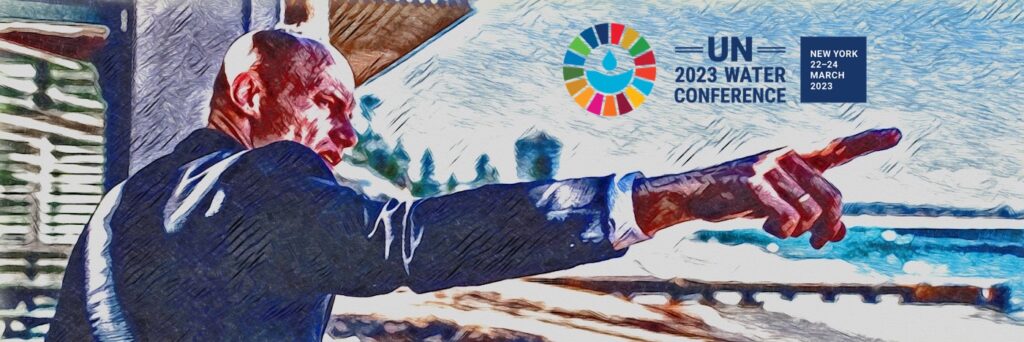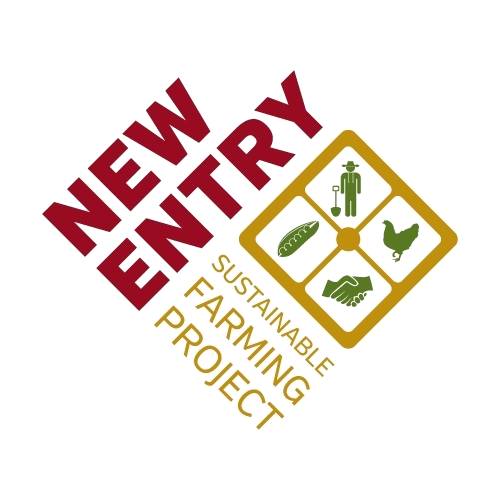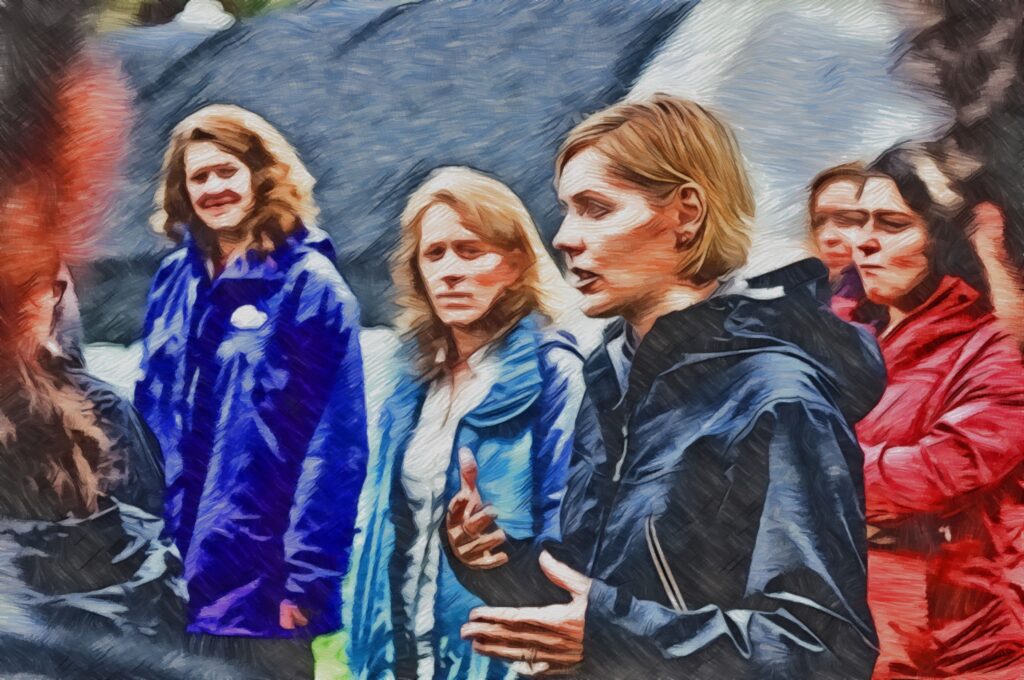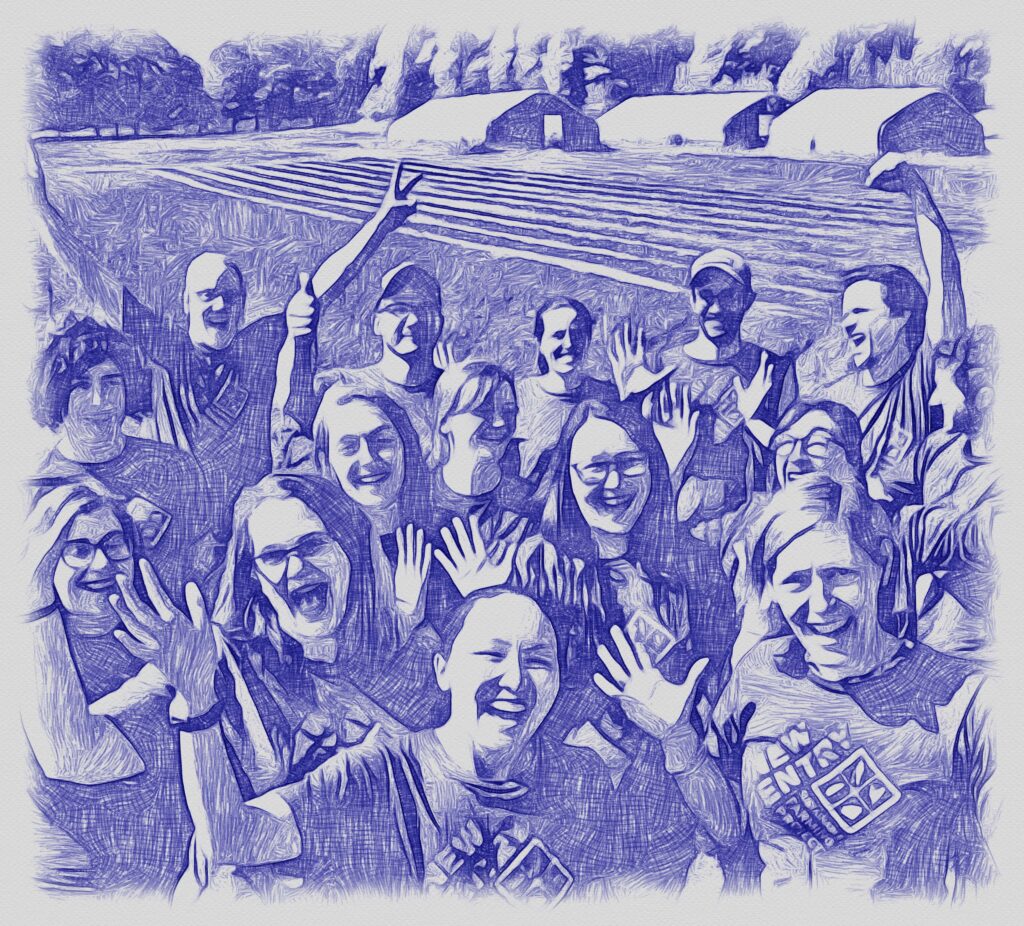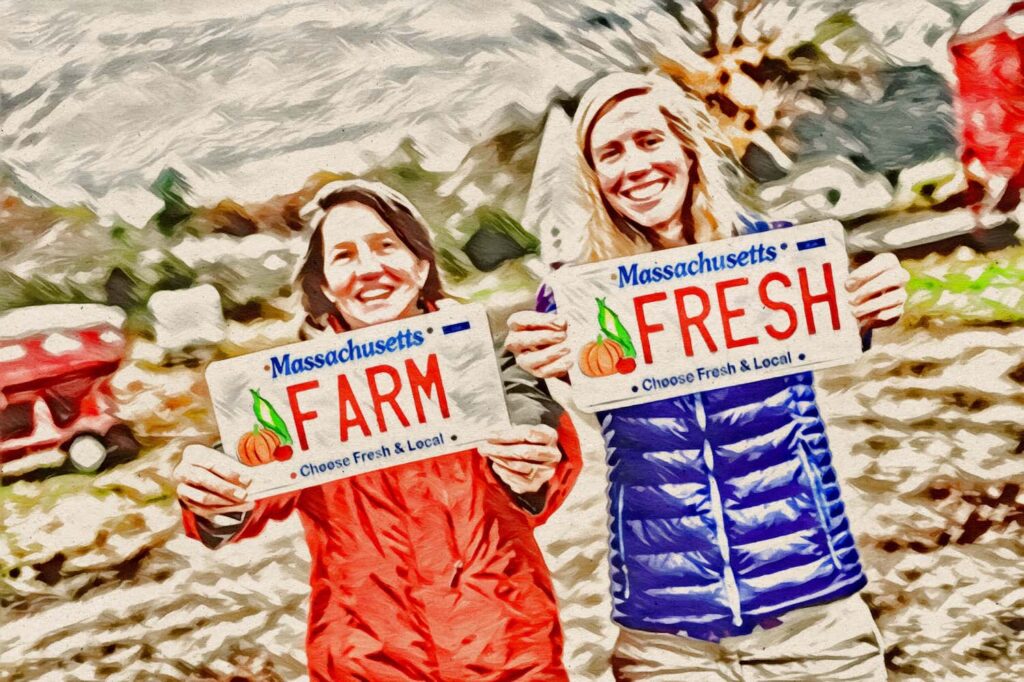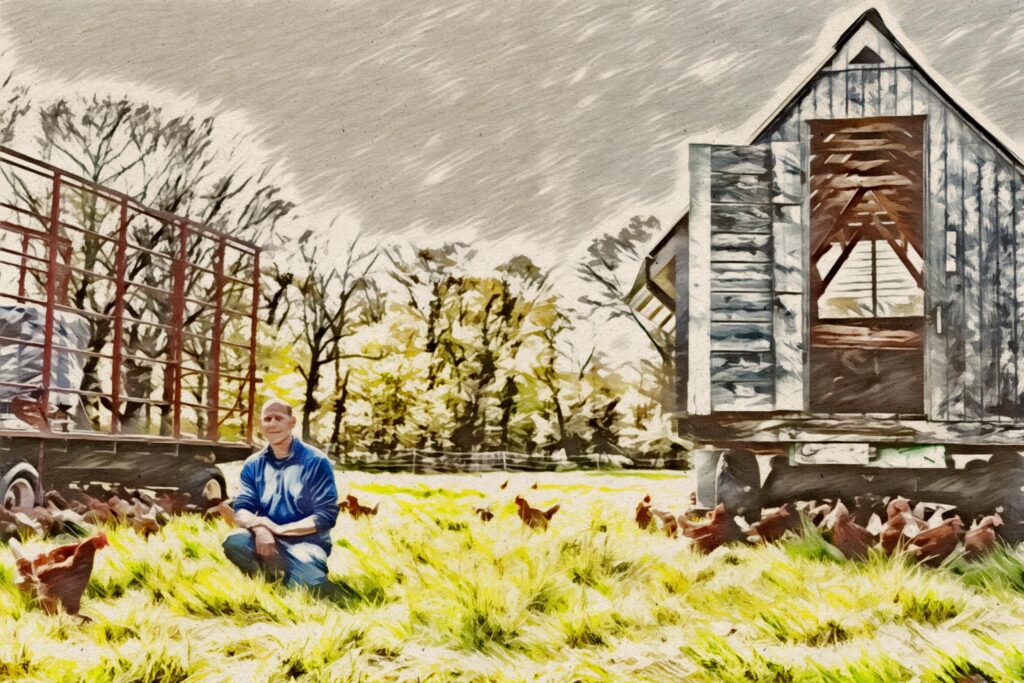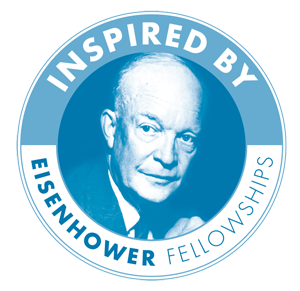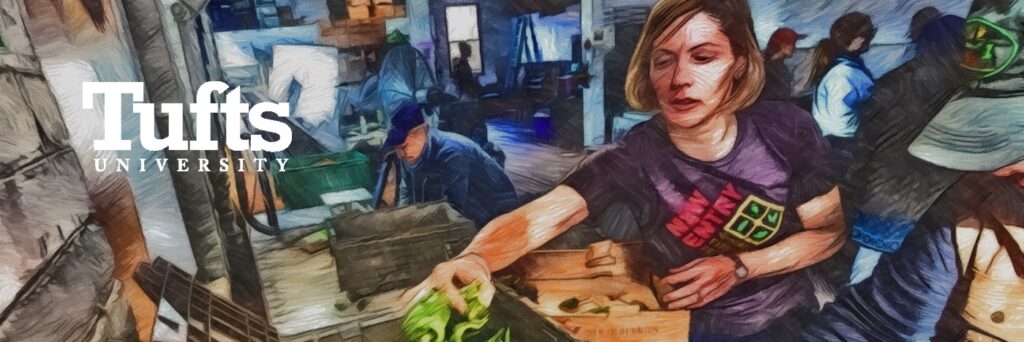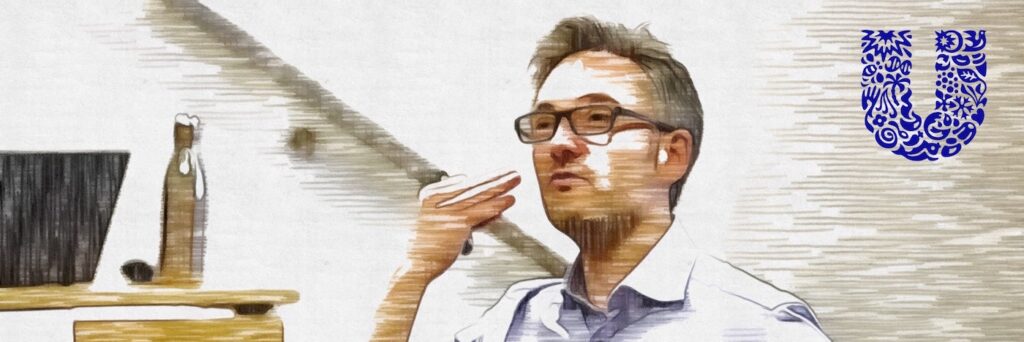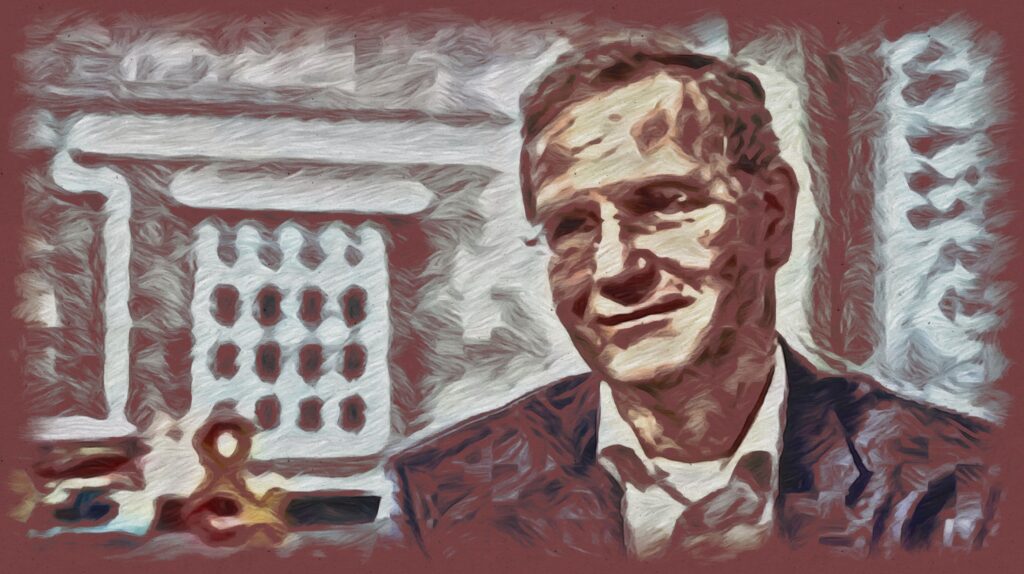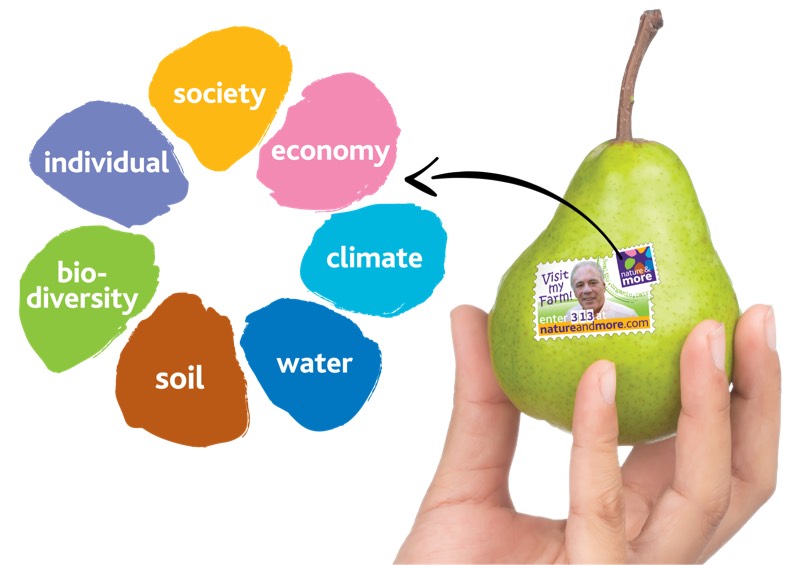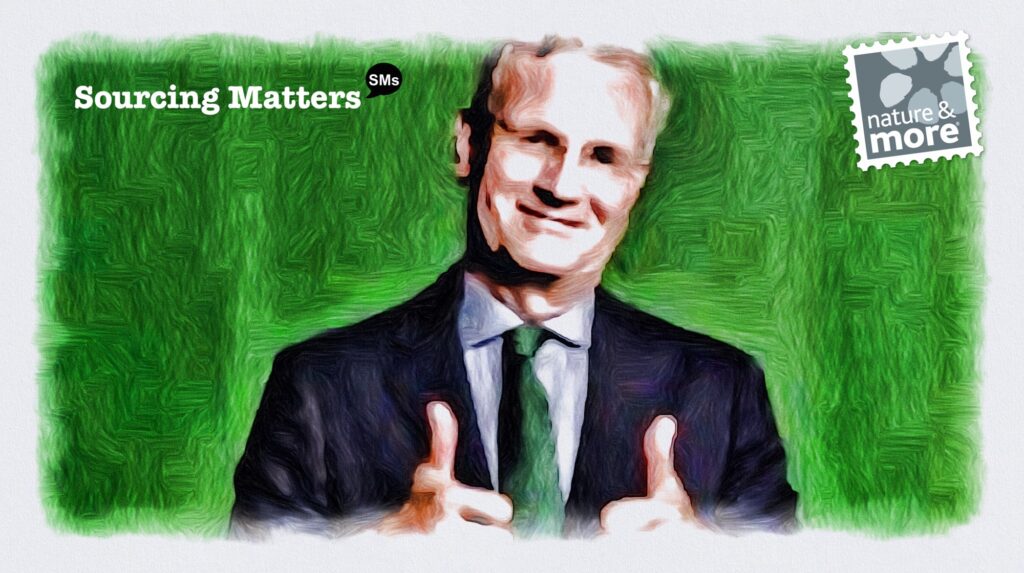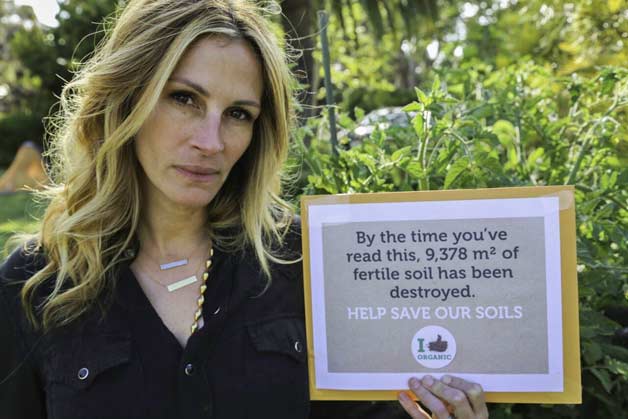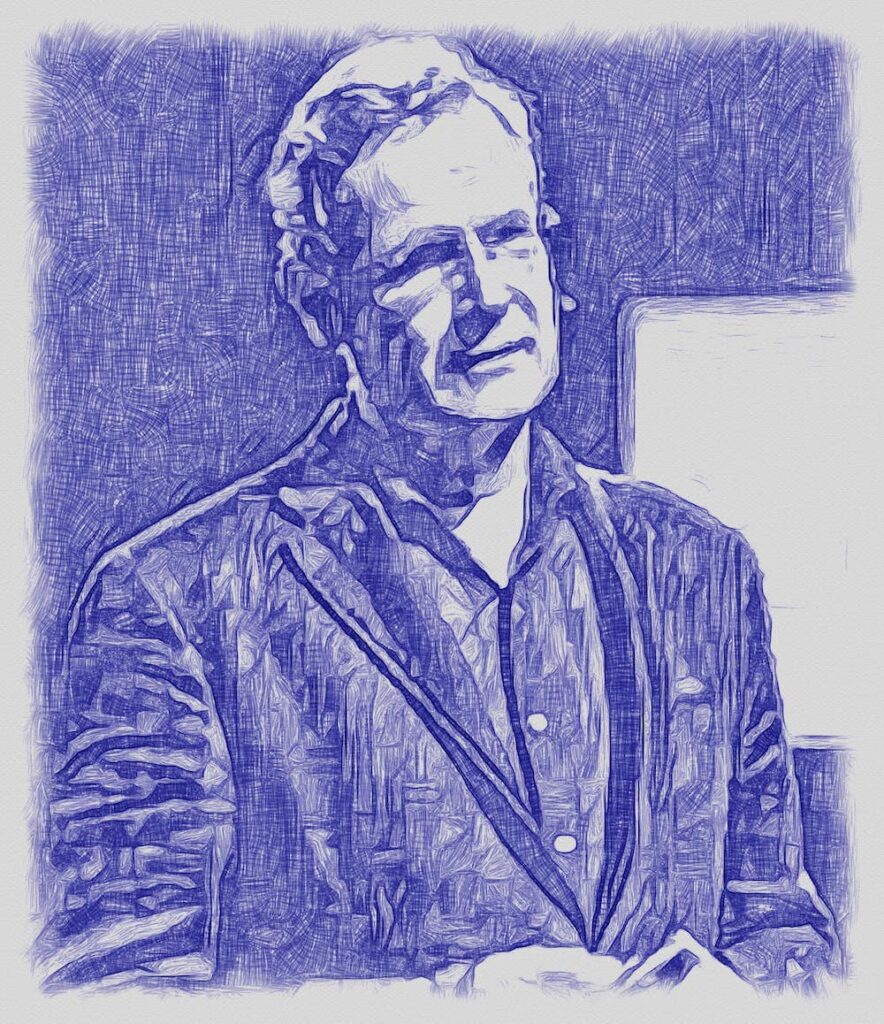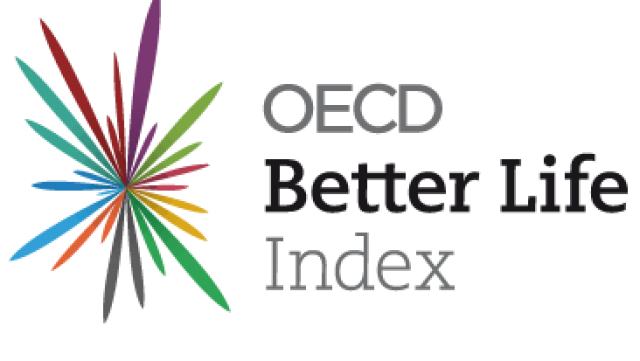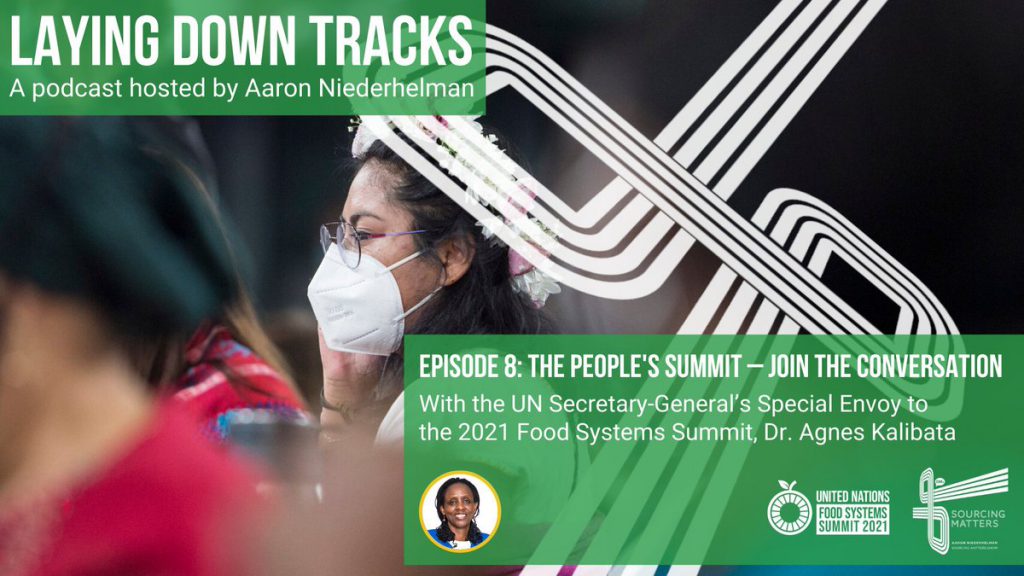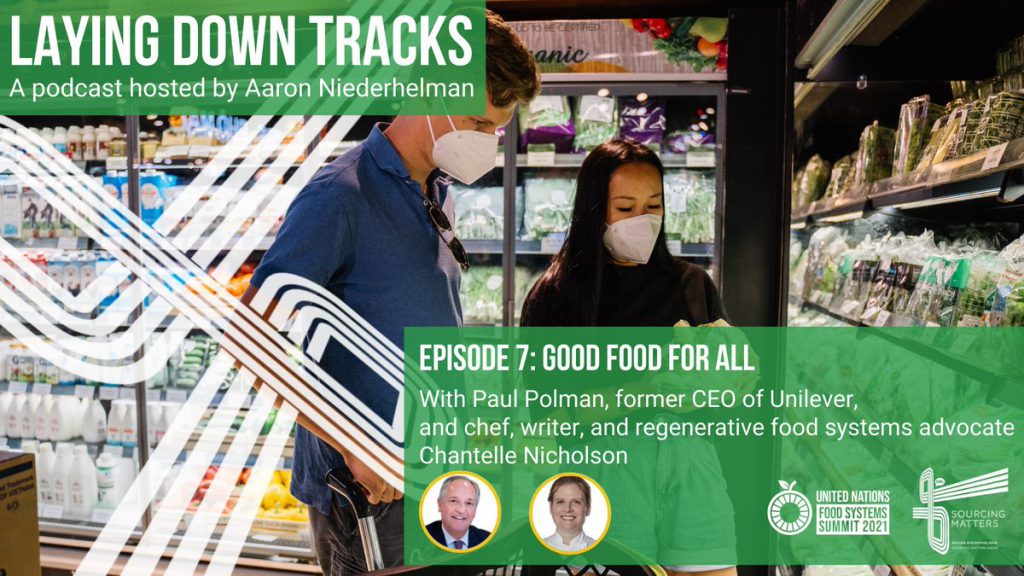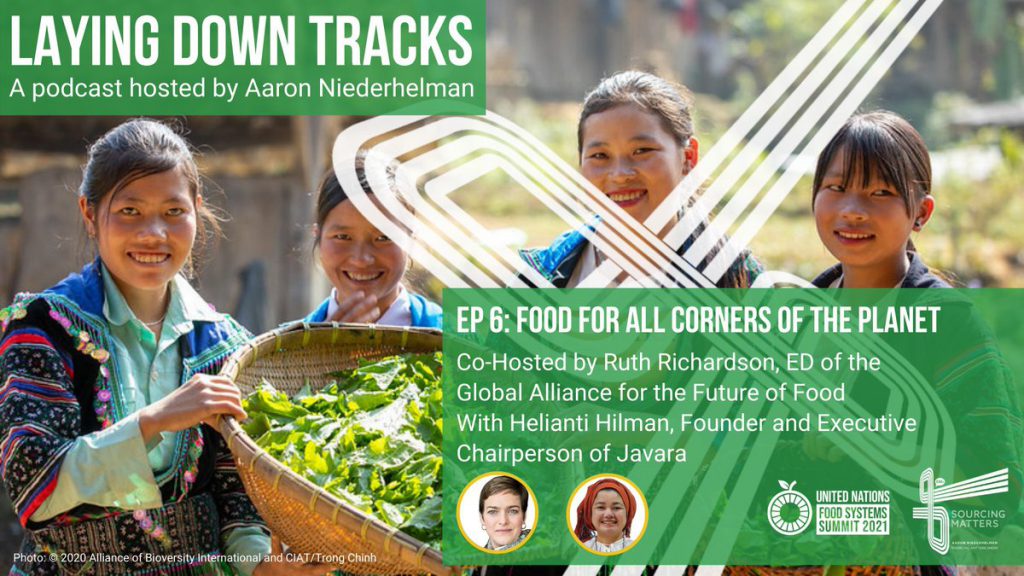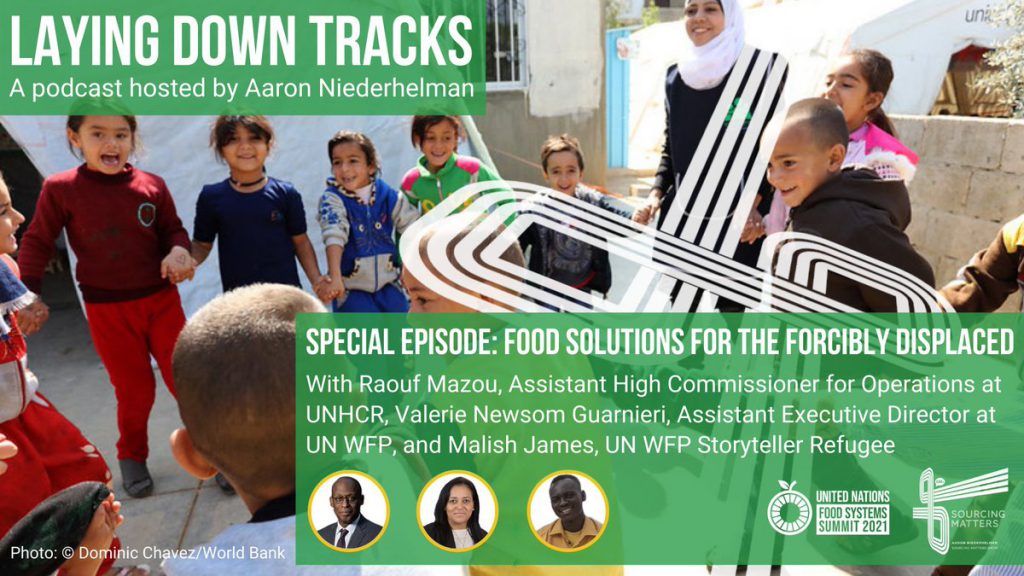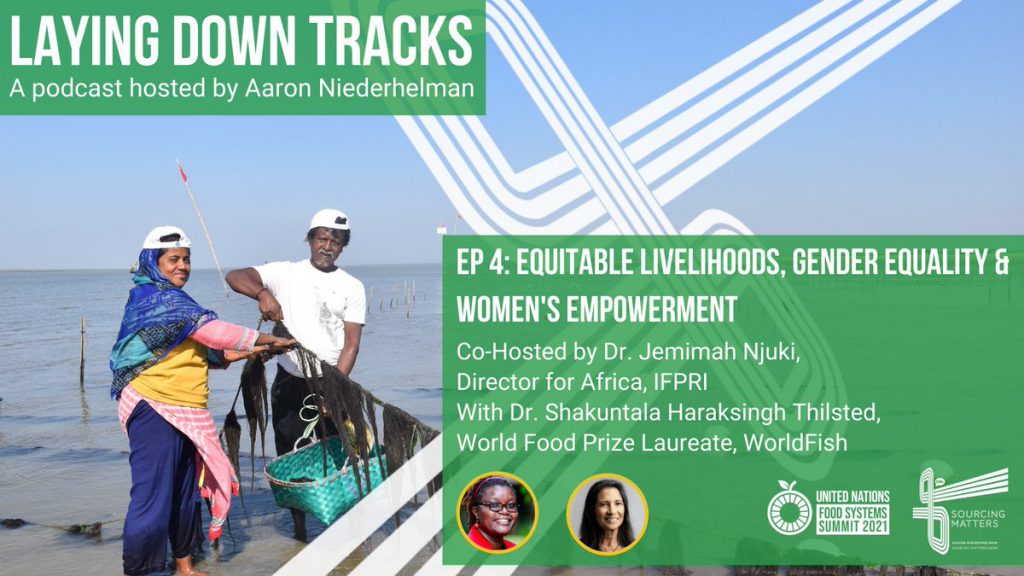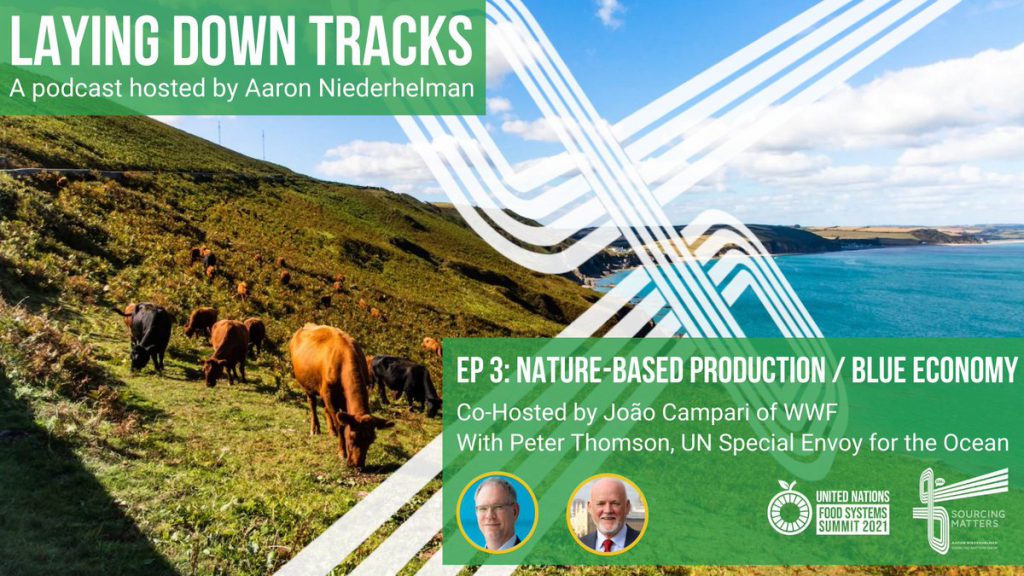FORCES-OF-NATURE
A talkshow miniseries featuring dynamic leaders from across food and environmental movements. Tune-in for a healthy dose of optimism.
FORCES OF NATURE
talk show series -ft. leaders from food & climate

Eric Soubeiran
Executive Director of Climate and Nature Fund
& VP Business Operation Sustainability at Unilever
–
–
a talk show miniseries for inquisitive podcast listeners and engaged media viewers

.

Eric Soubeiran · Forging a Strong Value Chain · episode 115
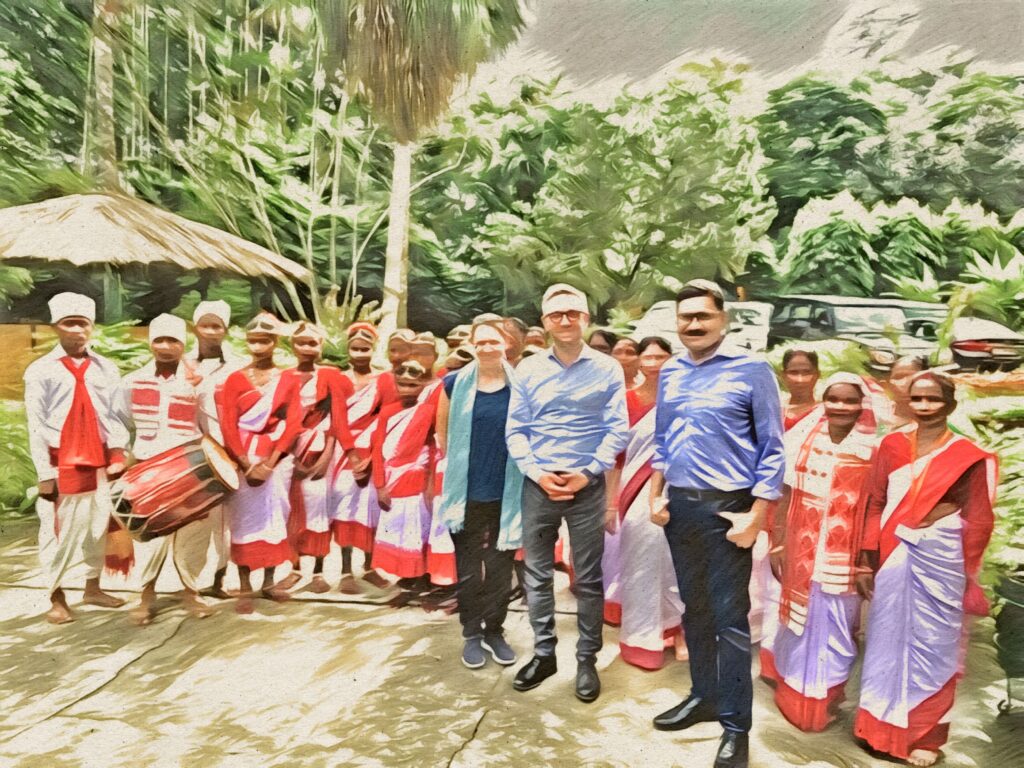
–
A PERPETUAL DANCE BETWEEN
VALUE CREATION AND A SUPPLY CHAIN
SOURCING MATTERS
With over two decades of international work experience in sustainability, general management, sourcing, and M&A, Eric Soubeiran is a leading force behind Unilever’s massive value chain. In his role as the VP Business Operation Sustainability, Eric manages the environmental impact of one of the largest CPGs companies in the world. Soubeiran is also the Executive Director of the € 1 billion Climate and Nature investment fund that Unilever launched to take decisive action, and support the collective efforts of their 400 in-house brands seeking to protect the health of the planet.
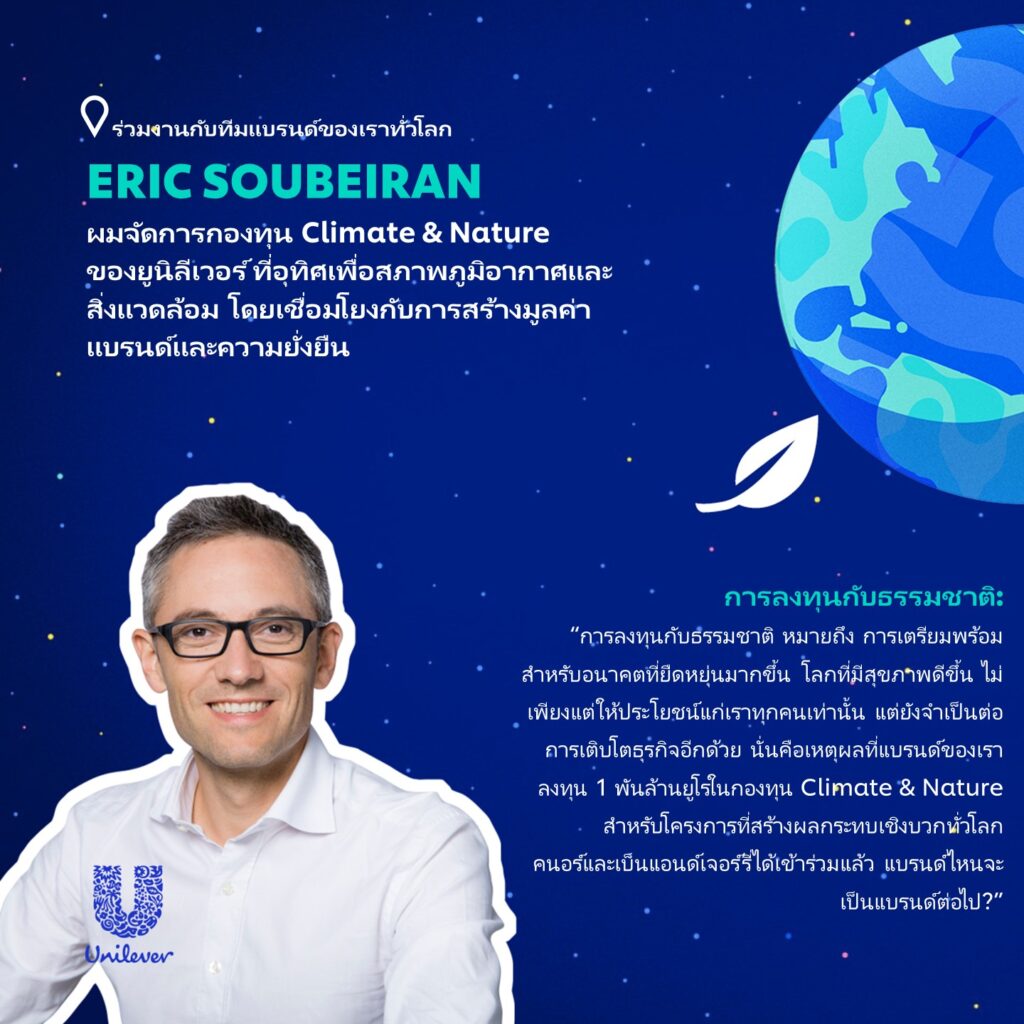
Eric focuses on building multi-stakeholder environments and uses his convening capacity to bring key stakeholders together to drive transformation and establish impact at scale. Leadership skills that he’s picked up throughout the years from mentors like Alan Jope and Emmanuel Faber. Prior to Unilever, Soubeiran was Chief Sustainability Officer and VP of Nature and water cycle at Danone, and he’s currently a non-executive director of the Carbon Trust and The Gold Standard Foundation.
Listen-in to episode #115 to hear how one of the biggest CPG / retail food companies in the world is taking to help save the planet, and meet contemporary consumer demands.
COMPLETE VIDEO TALK SHOW SERIES AVAILABLE ON:

WATCH: the live recorded video conversation w/ Eric Soubeiran on SMs ep. 115
.
.
A BILLION EURO CLIMATE & NATURE FUND
To accelerate climate action, Unilever’s brands will collectively invest €1 billion in a dedicated Climate & Nature Fund. These resources will be allocated over the next ten years to take meaningful and decisive action, with projects (likely) to include landscape restoration, reforestation, carbon sequestration, wildlife protection and water preservation.
Soubeiran explains the potential impact of Unilever’s Climate & Nature fund in this way, “The climate & nature fund is to transform some of the key ingredients that we use in our products to a more sustainable manner. The objective is to fulfill the promise that the brands have to the world. We want to create a movement around this fund so that we’re attracting the right partners along the journey.”
“Unilever has a very large value chain. We buy about €35 billion of stuff a year, and therefore we believe that within some of the most critical areas that we can play the role of a catalyst; where 1+1 can equal more than two.”
– Eric Soubeiran, Unilever Climate & Nature Fund ED
THE UNILEVER CLIMATE & NATURE FUND HAS COMMITTED TO:
- Net zero emissions for all products by 2039
- A deforestation-free supply chain by 2023
- Empowering a new generation of farmers and smallholders to protect and regenerate their environment – ongoing
- A new Regenerative Agriculture (REGEN) Code for all their suppliers
- Water stewardship programs to 100 locations in water-stressed areas by 2030
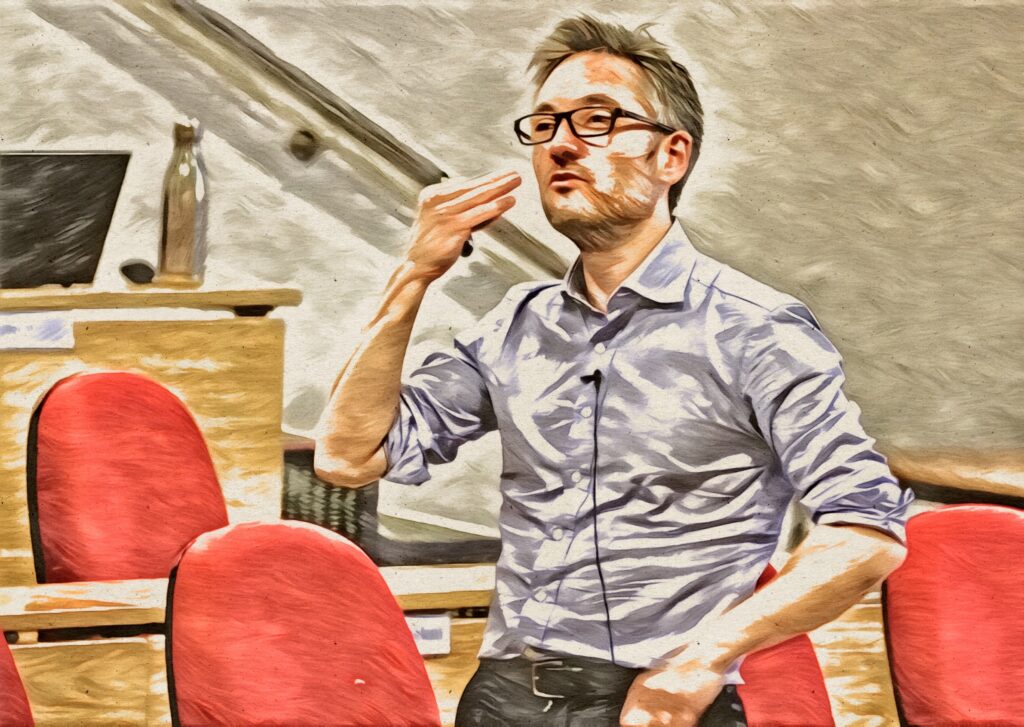
SUSTAINABILITY AT SCALE
Last year, the UN published its Global Land Outlook in which it noted that 52% of agricultural land was degraded and that, if we continue business as usual, by 2050 an additional 16 million square kilometers would have a similar fate. That’s an area the size of South America. Things need to change, and leading consumer product good (CPG) companies are in a unique position to influence how we use the planet’s resources to stay within planetary boundaries. It’s done by empowering smarter purchases. Unilever recognized this opportunity to do well by doing better, and two years ago appointed Eric to helm sustainability advancements on products that touch 3.4 billion people daily.
“I see it as an (elegant) dance between value creation and a supply chain.”
– ERIC SOUBEIRAN in FORCES OF NATURE
“The value in the supply chain is moving. This is an opportunity to revisit how we’re sourcing a lot of our ingredients and materials. You know, I always mention the ingredients, and I never talk about commodities. I think that is one of the issues here. All ingredients have value; they add value to our business and a consumer’s experience. They’re not commodities. So, this dance is really all about how do you articulate the value along the supply chain and how that correlates to benefit partners and consumers,” says Soubeiran.
OUTCOMES THAT IMPROVE
THE VALUE CHAIN
& ENHANCE SOURCING PRACTICE
–
RADICAL TRANSPARENCY
Soubeiran talks about pioneering transparency, “It’s about knowing where you are sourcing things from. We are investing quite a lot of time in traceability because our value chains are quite complex, and most of the world’s supply chains are very complex too. For this to work you must do it in collaboration and with suppliers. We are dialoguing with our suppliers to put in place our climate action programs.”
“Last year we piloted transparency initiatives with a group of 60 diverse suppliers. We looked at how we could connect our value chain -with- their value chains.
– Eric Soubeiran, VP OF SUSTAINABLE SOURCING
This is being very transparent with key stakeholders; we all have to share what you know and what you don’t know.
The program has been successful and we’re scaling it up to 300 suppliers next year – which represents 65% of our carbon footprint.”
···
Unilever products are used by more than 3.4 billion people every day in over 190 countries. In 2022, Unilever had a total turnover €60 billion and employed 150,000 people. Unilever has more than 400 brands sold around the globe – with 14 reaching sales over €1 billion, and 81% of all brands being in the top two in their respective markets.
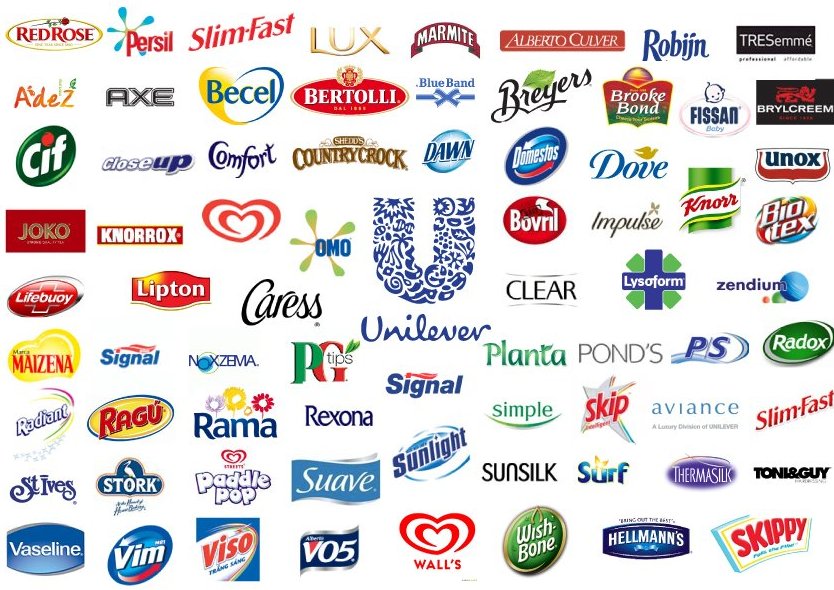
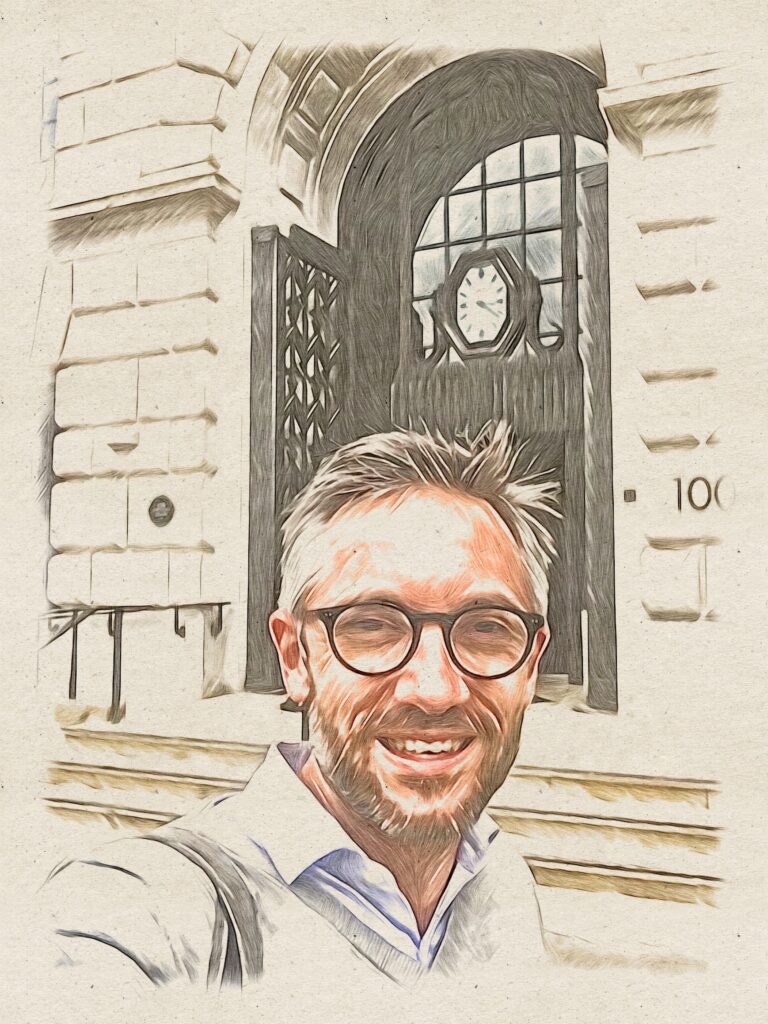
THE
CURRENCY OF
SUSTAINABILITY
IS TO
HAVE
IMPACT
ON
PEOPLE
&
PLANET
“What I’ve noticed over the past five years is that there’s been a significant professionalization of sustainability candidates for us to hire. Previously, you had a lot of people that were doing it by strong conviction, which was brilliant, but more and more you see business experts trying to use their strengths to improve sustainability everywhere. It’s become a good mix.” – SOUBEIRAN, ep.115 #SMs
.
.
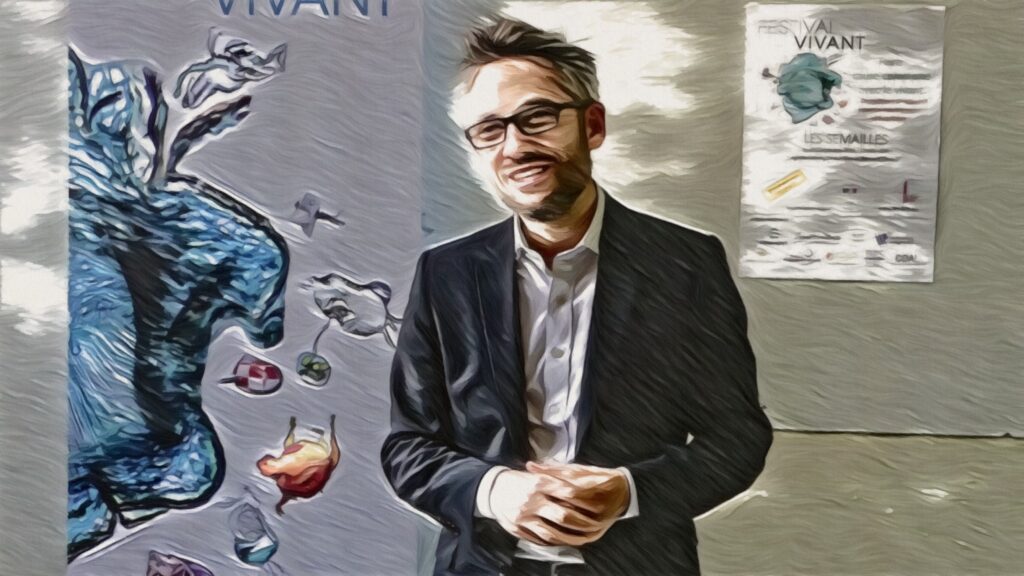
SEEK TO INFLUENCE AND NOT CONTROL
“We learn a lot from our mistakes. If I look at the last two years, I think you never take enough time to deeply understand the connections of your value chain. The other big learning is that – I think you need to accept not to control things. More and more we’re in a networked environment. And, if you’re in a large organization you can’t use a lot of your energy trying to control things. Your energy could be better spent in trying to influence things instead.”

–
– Eric Soubeiran, episode 115 guest
.
.
.
Eric Soubeiran
FORCES OF NATURE
–
episode 115: FORGING A STRONGER VALUE CHAIN
–
CALL TO ACTION
Eric Soubeiran tells us that it’s only just begun,“There’s a lot of things cooking in our Unilever kitchen. You will hear us on the progress that we’re making on the deforestation commitment that we’ve been taking for 2023 – it’s a very important milestone for us. We’re also working with many of our brands on activating some sustainability credentials, commitments and deliverables on many fronts with more to come in coming months.”
–
t: @SoubeiranEric / @Unilever
–
photo credit: Eric Soubeiran Social Media | Unilever
–
.
FORCES OF NATURE – series
As part of the FORCES OF NATURE series, in this episode you’ll hear from inspiring folks making good things happen to benefit the world.
.
–
.

until the next drop…
.

.
.
.
,.




